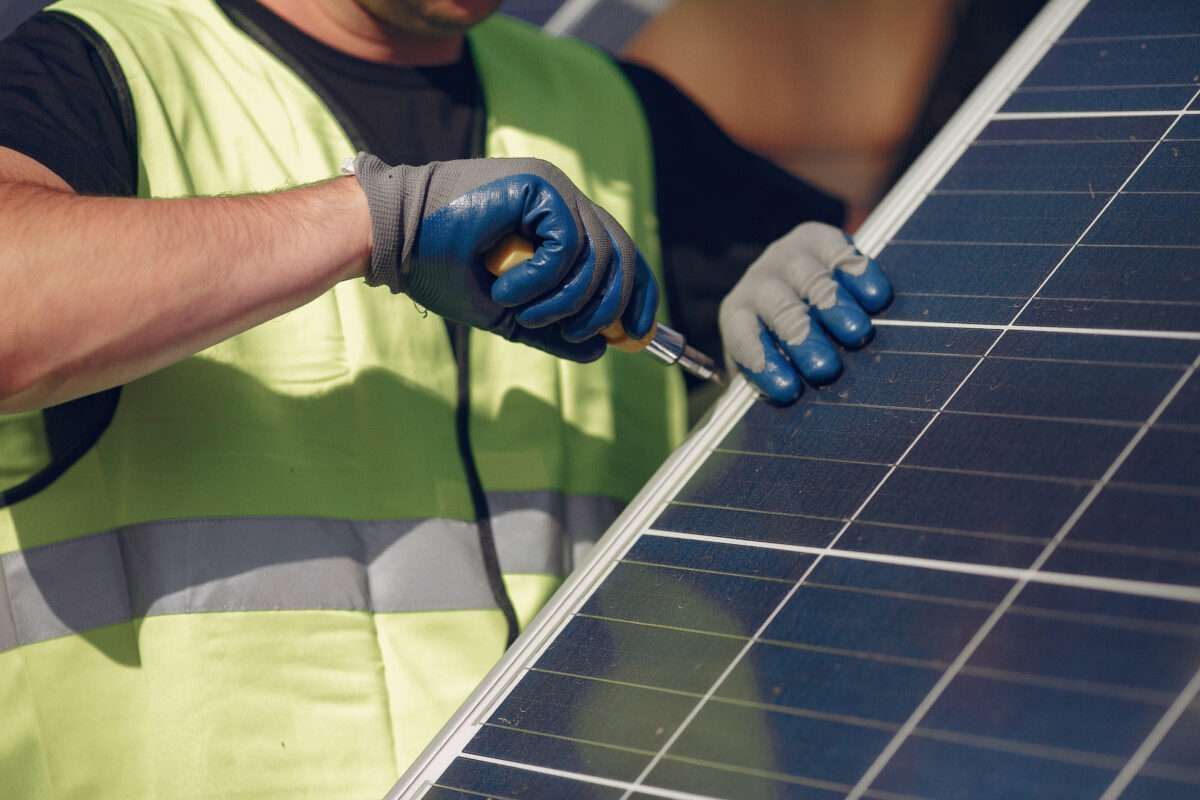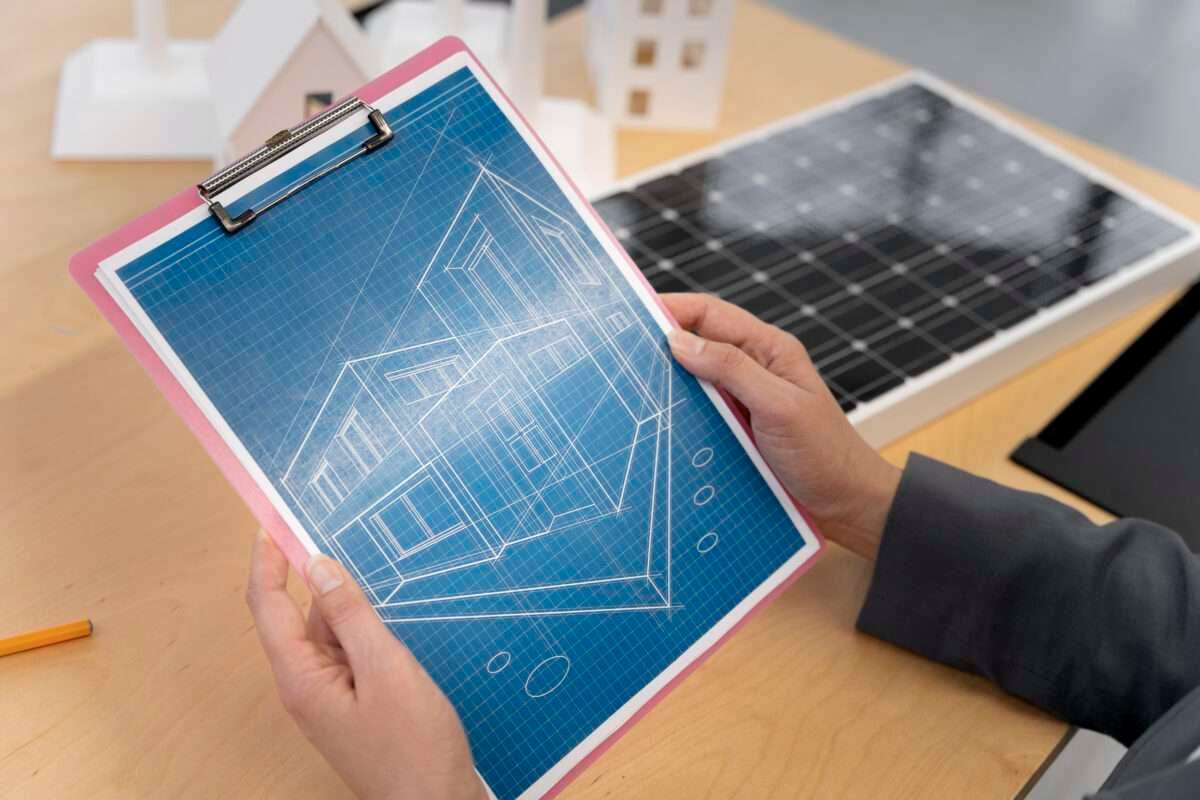- Under what conditions do solar panels work most efficiently?
Solar panels work more efficiently in areas that receive direct sunlight. High temperatures can reduce efficiency, but this effect can be minimized with proper installation and orientation.
- Is the maintenance of solar panels difficult?
Solar panels are low-maintenance systems. They only require occasional cleaning and inspection of electrical connections.
- Can a solar energy system meet all the electricity needs of a house?
Yes, a properly sized system can fully meet the energy needs of a house. However, additional energy storage systems can be used to provide power during nighttime hours.
- How long do solar panels last?
The lifespan of solar panels is typically around 25-30 years. During this period, their efficiency may drop to 80-90% of their original performance.
- Are there government incentives for solar panels?
In many countries, there are various incentives and tax reductions for solar energy systems. These supports, provided by local governments and energy ministries, can reduce investment costs.


